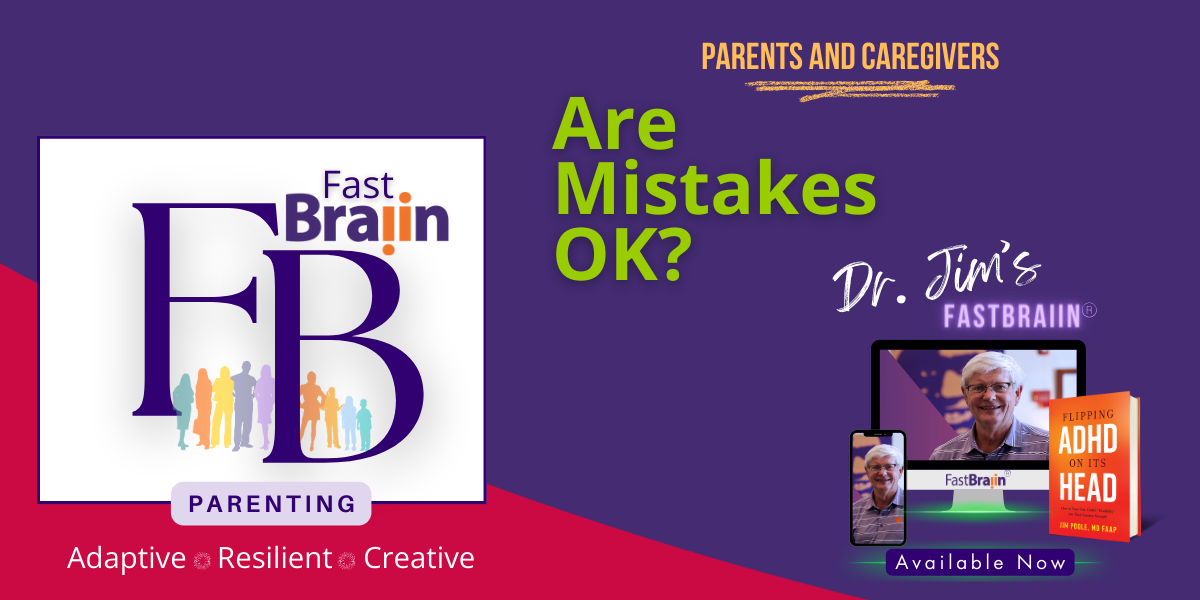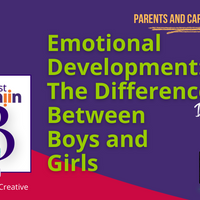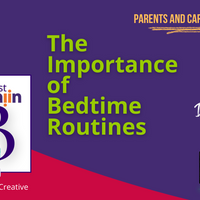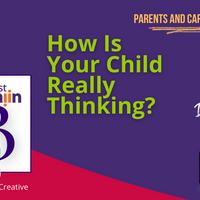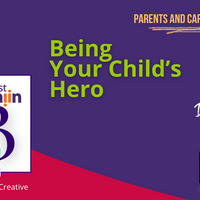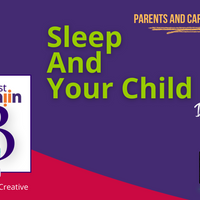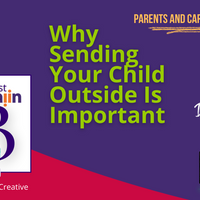Introduction:
Welcome to Dr. Jim's FastBraiin. I'm Dr. Jim Poole, and I have definitely FastBraiin!
Today, I want to talk about a topic that is often misunderstood - mistakes.
Many of us, including myself, have experienced the pressure and frustration that can come with making mistakes.
However, I believe it's important to shift our perspective and recognize that mistakes are not something to be worried about. In fact, they can be valuable opportunities for growth and learning.
The Power of Mistakes:
I once had a conversation with a father who was upset about how many mistakes his child was making.
This father had been a tremendous basketball player in high school and college. So I asked him a simple question: "Did you ever make mistakes on the basketball court?"
Without hesitation, he replied, "Oh, did I!" This opened up a conversation about the worst mistakes he made in his games, and what he learned from it.
Despite the frustrations and disappointments, he admitted that he had learned a great deal from those experiences.
This father's story highlighted an important truth - mistakes are not indicators of failure; they are stepping stones to improvement.
Embracing Mistakes:
As FastBraiin individuals, making mistakes is part of our journey.
Mistakes are not something to be feared or avoided. Instead, they should be seen as teaching tools.
Mistakes provide us with the chance to reflect on our actions, assess what went wrong, and discover ways to do things differently. They allow us to see what doesn't work and push us towards finding what does.
By helping our children understand the value of mistakes and encouraging them to learn from their missteps, we equip them with invaluable skills for the future.
Good Mistakes vs. Bad Mistakes:
When it comes to mistakes, there's no such thing as a bad mistake.
Every mistake has the potential to be a valuable lesson. The important factor lies in how we respond to our mistakes.
Instead of chastising our children for their mistakes, we should use them as teaching moments.
By guiding them through their mistakes, we help shape their ability to learn, adapt, and ultimately become resilient individuals.
Conclusion:
Mistakes should be celebrated as part of the learning process.
They provide you and your child with the chance to reflect, grow, and gain insights into your abilities.
Next time you or your child find yourselves facing a mistake, remind each other it's not the end of the world. Take a moment to connect and to reflect on what went wrong, extract the lessons from the experience, and use the experience to become better.
Embrace mistakes, for they have the power to propel you and your child towards success.
Thank you for joining me today. Remember, it's not about avoiding mistakes, but about how we handle them that truly matters. Have a great day!
- Dr. Jim
~~
Video Transcript
[00:00:00] Dr. Jim Poole, MD: Welcome to Dr. Jim's FastBraiin. I'm Dr. Jim Poole, and I have definitely FastBraiin.
Today we're going to talk about mistakes and mistakes are not something to be worried about. I had a dad in and he was really getting on me with how many mistakes his child was making and he was getting really mad at his child. And I knew that this father had been a tremendous basketball player in high school and in college.
[00:00:28] And so I asked him point blank, "Did you ever miss mistakes on the basketball court?" He said, "Oh, did I?" I said, "Tell me about the worst mistake you made in a game." And he went on and on. And I said, "Did you learn from it?" He said, "Oh boy, did I Learn. From. It!" And he realized what was happening. He realized that he learned from his mistakes.
[00:00:47] So, those of us that are FastBraiin, yes, we make mistakes. And the mistake is us as a parent, not using it as a teaching tool. Not as a chastising tool but as a teaching tool. [00:01:00] Because it's through mistakes that we get better, and that we improve, and that we see how we did things that might not have worked, and we want to turn that into things that do work.
[00:01:10] So, good mistakes? Yes, they're all good. Bad mistakes? There's no such thing as a bad mistake. They're all good. It's what we do with the mistake is the important thing.

